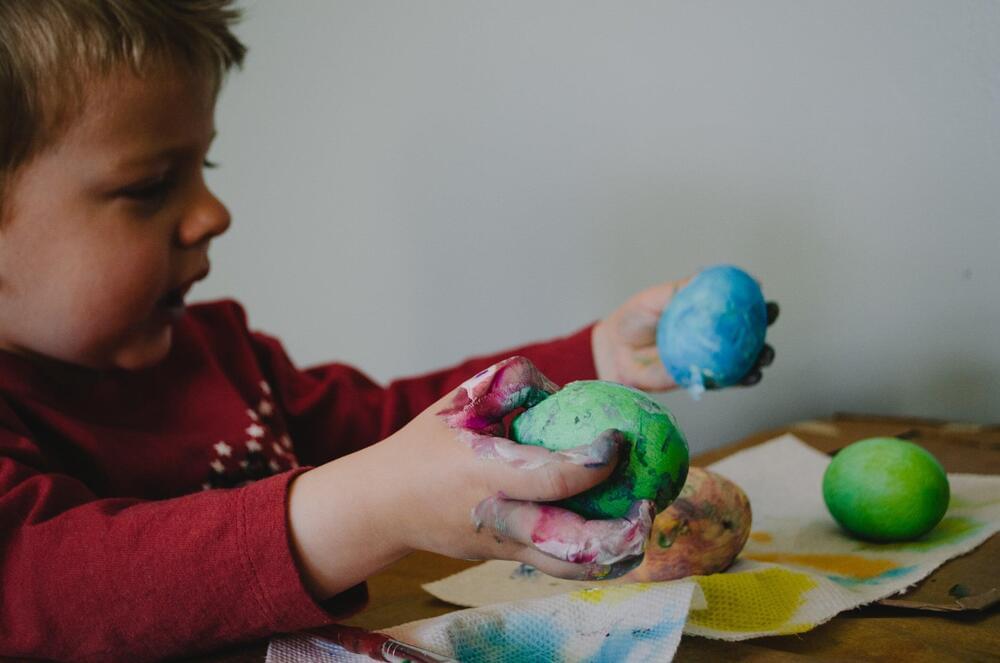𝐑𝐞𝐬𝐞𝐚𝐫𝐜𝐡 𝐞𝐱𝐩𝐥𝐨𝐫𝐞𝐬 𝐞𝐚𝐫𝐥𝐲 𝐩𝐫𝐞𝐝𝐢𝐜𝐭𝐨𝐫𝐬 𝐨𝐟 𝐜𝐡𝐢𝐥𝐝𝐫𝐞𝐧’𝐬 𝐥𝐚𝐧𝐠𝐮𝐚𝐠𝐞 𝐝𝐞𝐥𝐚𝐲𝐬
𝙄𝙣 𝙖 𝙣𝙚𝙬 𝙨𝙩𝙪𝙙𝙮 𝙡𝙚𝙙 𝙗𝙮 𝘼𝙨𝙨𝙤𝙘𝙞𝙖𝙩𝙚 𝙋𝙧𝙤𝙛𝙚𝙨𝙨𝙤𝙧 𝙇𝙮𝙣𝙣 𝙋𝙚𝙧𝙧𝙮, 𝙧𝙚𝙨𝙚𝙖𝙧𝙘𝙝𝙚𝙧𝙨 𝙝𝙖𝙫𝙚 𝙛𝙤𝙪𝙣𝙙 𝙩𝙝𝙖𝙩 𝙩𝙝𝙚 𝙨𝙥𝙚𝙘𝙞𝙛𝙞𝙘 𝙩𝙮𝙥𝙚𝙨 𝙤𝙛 𝙬𝙤𝙧𝙙𝙨 𝙘𝙝𝙞𝙡𝙙𝙧𝙚𝙣 𝙠𝙣𝙤𝙬 𝙛𝙞𝙧𝙨𝙩 𝙘𝙖𝙣 𝙗𝙚 𝙖𝙣 𝙚𝙖𝙧𝙡𝙮 𝙥𝙧𝙚𝙙𝙞𝙘𝙩𝙤𝙧 𝙤𝙛 𝙡𝙖𝙣𝙜𝙪𝙖𝙜𝙚 𝙙𝙞𝙛𝙛𝙞𝙘𝙪𝙡𝙩𝙞𝙚𝙨
In a new study led by Associate Professor Lynn Perry, researchers have found that the specific types of words children know first can be an early predictor of language difficulties.
The paper, “Late bloomer or language disorder? Differences in toddler vocabulary composition associated with long-term language outcomes,” which was recently published in Developmental Science, suggests that the number of words toddlers know that name things that are similar in shape, such as cup, ball, and spoon (i.e., “shape-based nouns”), can differentiate between children who are considered late bloomers and those who have persisting delays months or years later.
“Some children who are late talkers and show initial delays in their vocabulary as toddlers, eventually catch up to have a typically sized vocabulary. We call these children late bloomers,” said Perry, who studies child language development in the Department of Psychology. “But some late talkers do not seem to catch up, and so far, researchers have been unable to predict early on who is going to be who.
